Luque Lab News
Small viruses reveal bidirectional evolution between HK97-fold viruses and encapsulins via procapsids
August 29, 2025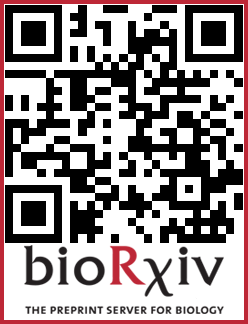
First author Abelardo Aguilar, with Antoni Luque (PI) and Omer Nadel, report small uncultured HK97-fold viruses lacking portal/tail genes that resemble encapsulins and procapsids. Structural phylogenetics supports bidirectional evolution via lysogeny-enabled transitions. We propose procapsids as the ancestral HK97 shell and a bridge between modern viruses and encapsulins. Manuscript under peer review at Nature Communications.
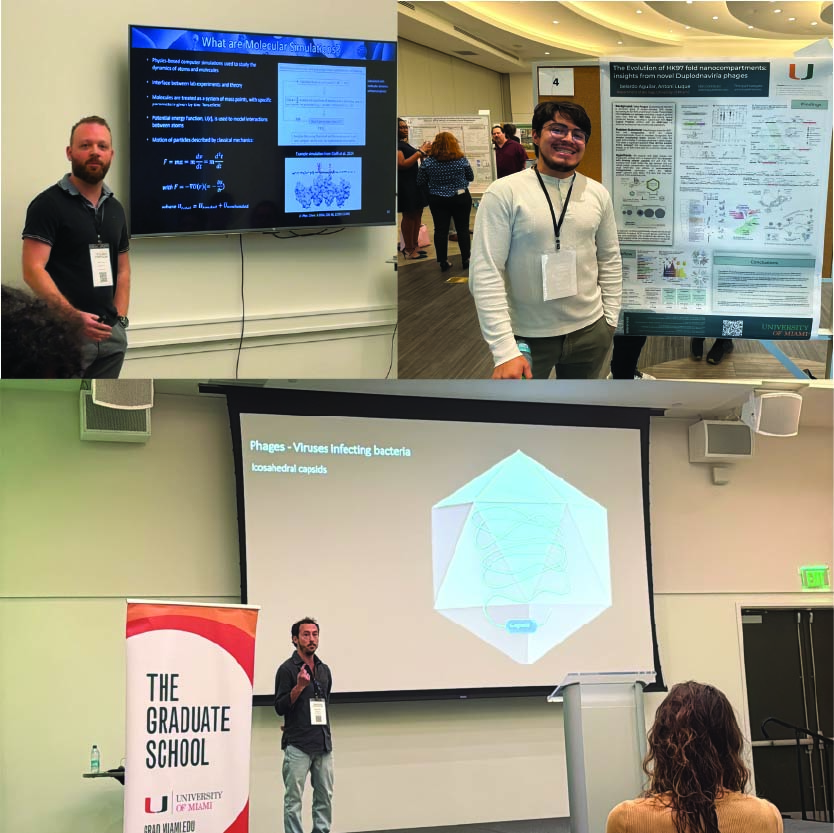
Abelardo Aguilar (poster), Omer Nadel (talk), and Michael Cioffi (talk) represented the lab at UM’s Graduate Student & Postdoctoral Research Symposium. Topics spanned procapsid evolution, reconstruction of small capsids, and T=3 capsid simulations.
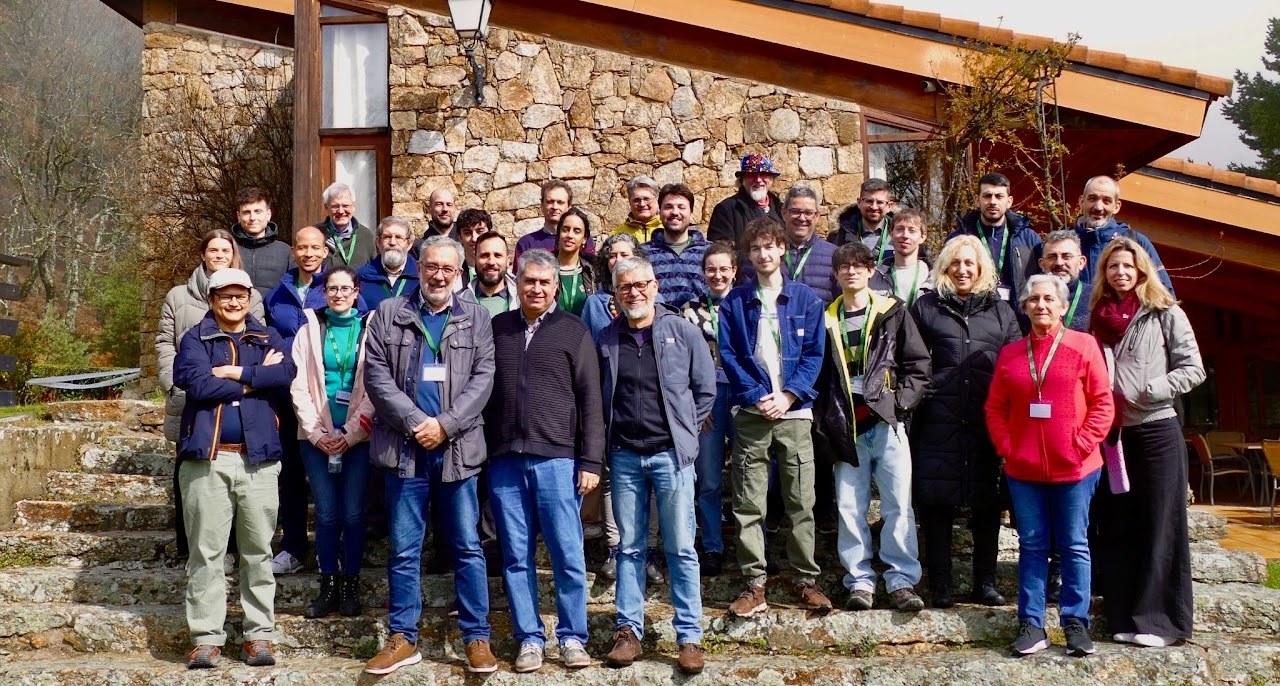
PI Antoni Luque delivered the opening plenary at the VII BioFiViNet meeting, a network he helped establish in 2010 during his PhD with Prof. David Reguera at the University of Barcelona.

Omer Nadel presented Luque Lab research at Oded Béjà’s lab, sharing results on miniphage expression at SDSU and future directions for small-virus discovery.
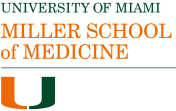
Antoni Luque presented lab efforts in uncultured capsid simulations (Michael Cioffi), viral evolution (Abelardo Aguilar), and larger AAV designs for therapeutics (Md Imran Noor).

Abelardo Aguilar proposed research on HK97 procapsid biochemical functions via comparative genomics and modeling; Md Imran Noor proposed to engineer larger AAV capsids for gene therapy and vaccines.
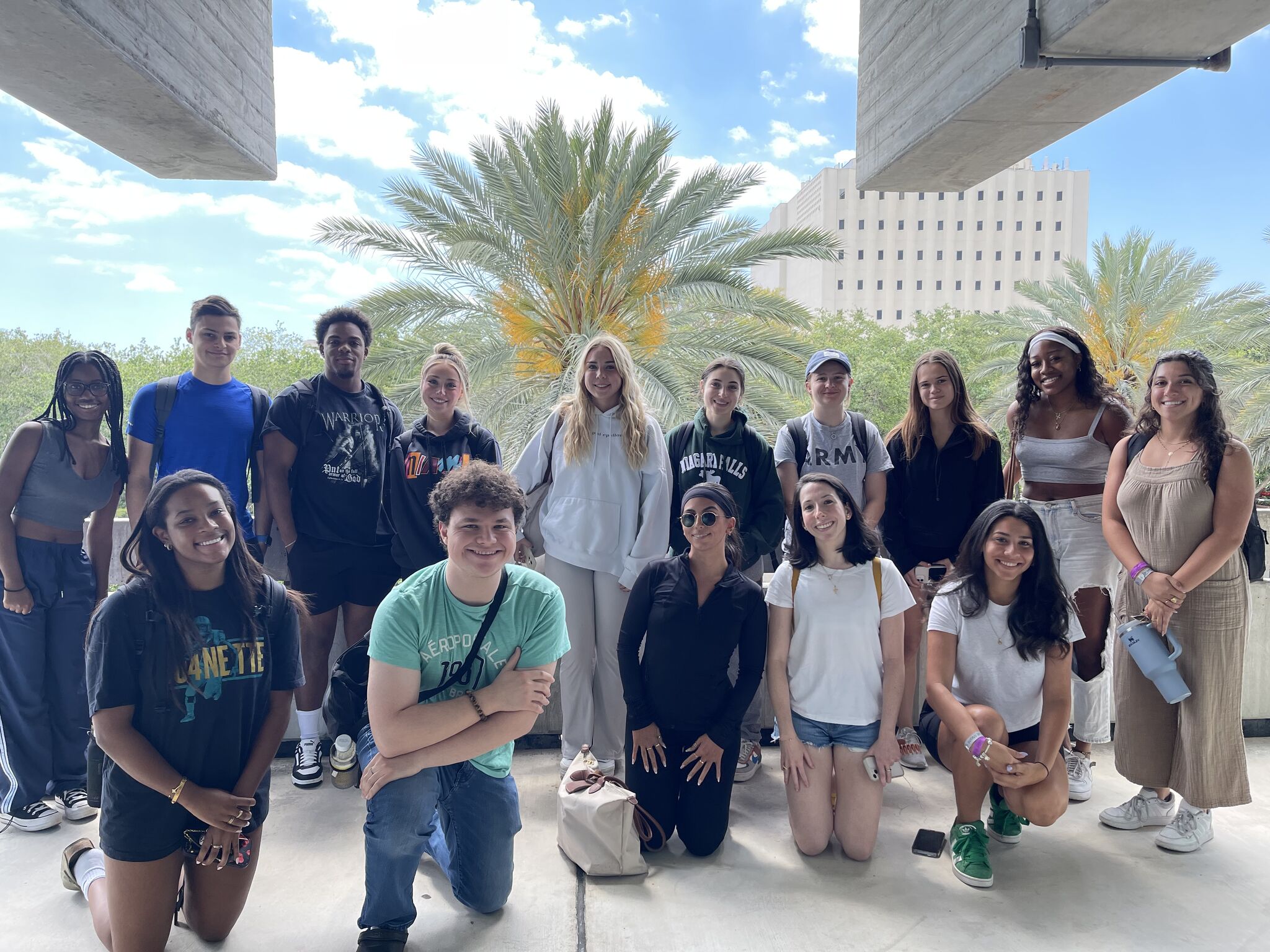
Lucas Carbajal shared his path from recent graduate to Research Associate in BIL 299’s career development seminar.
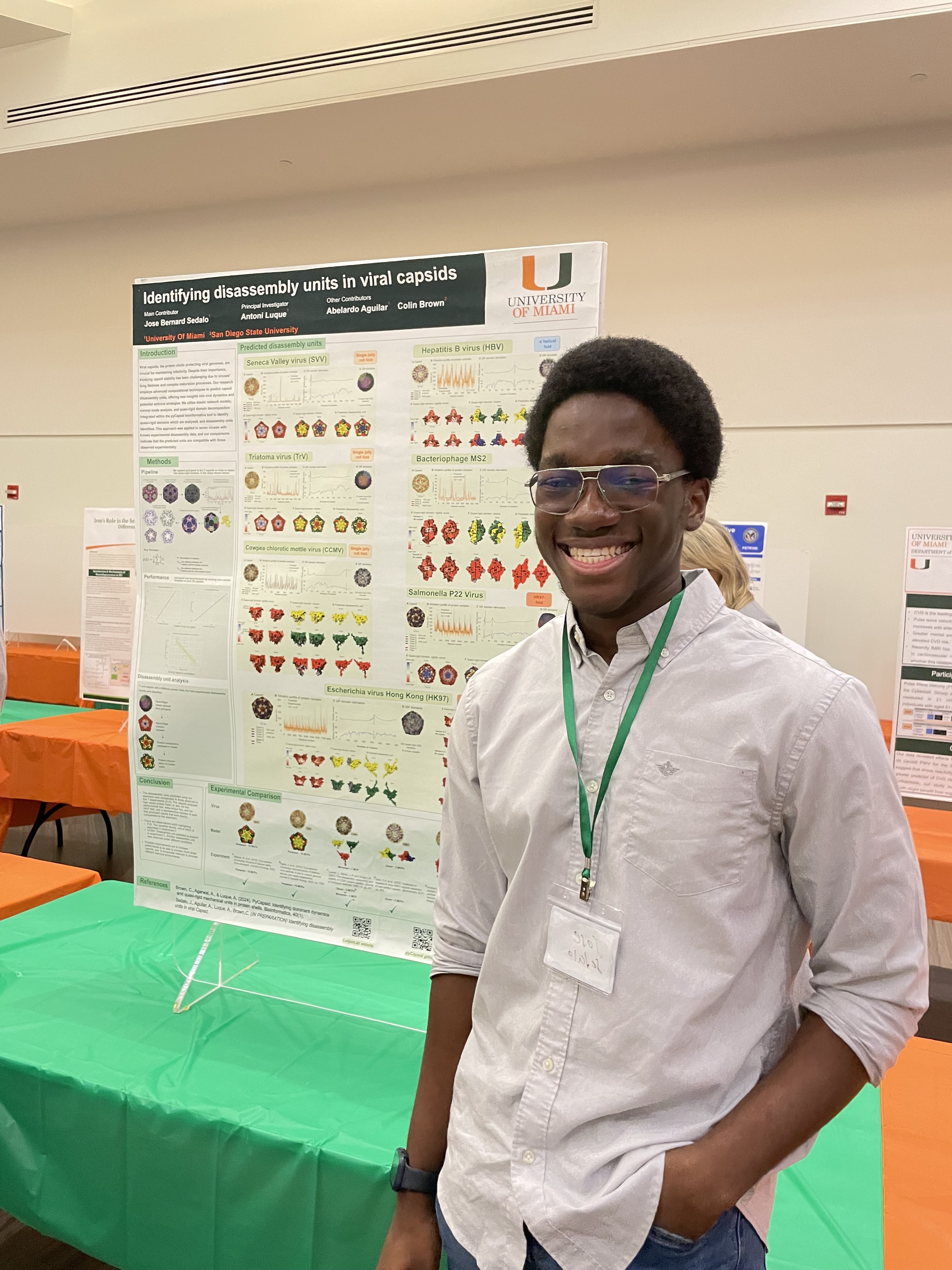
Jose-Bernard Sedalo presented on identifying disassembly units in viral capsids and won third place (STEM).

We moved the lab website to GitHub Pages using the Just the Docs Jekyll theme, with all content in the luquelab/website repository.
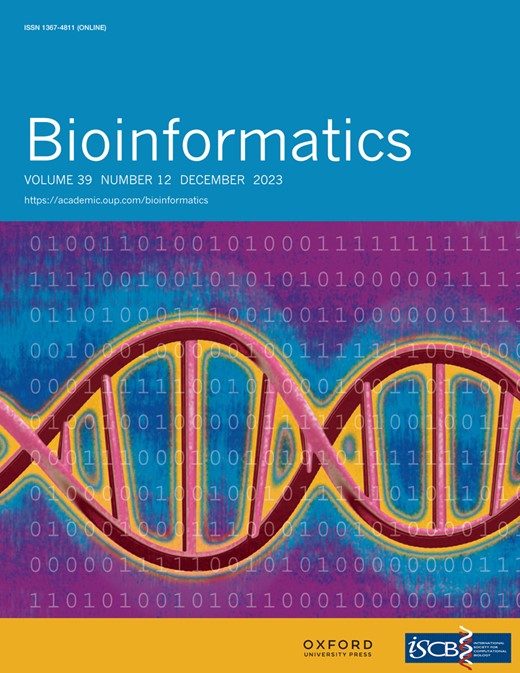
Colin Brown, Anu Agarwal, and Antoni Luque published pyCapsid in Bioinformatics. Tutorials and docs online; package available via Colab, PIP, and Conda.
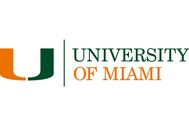
We officially joined the Department of Biology at the University of Miami, opening new opportunities for the lab’s research and education mission.
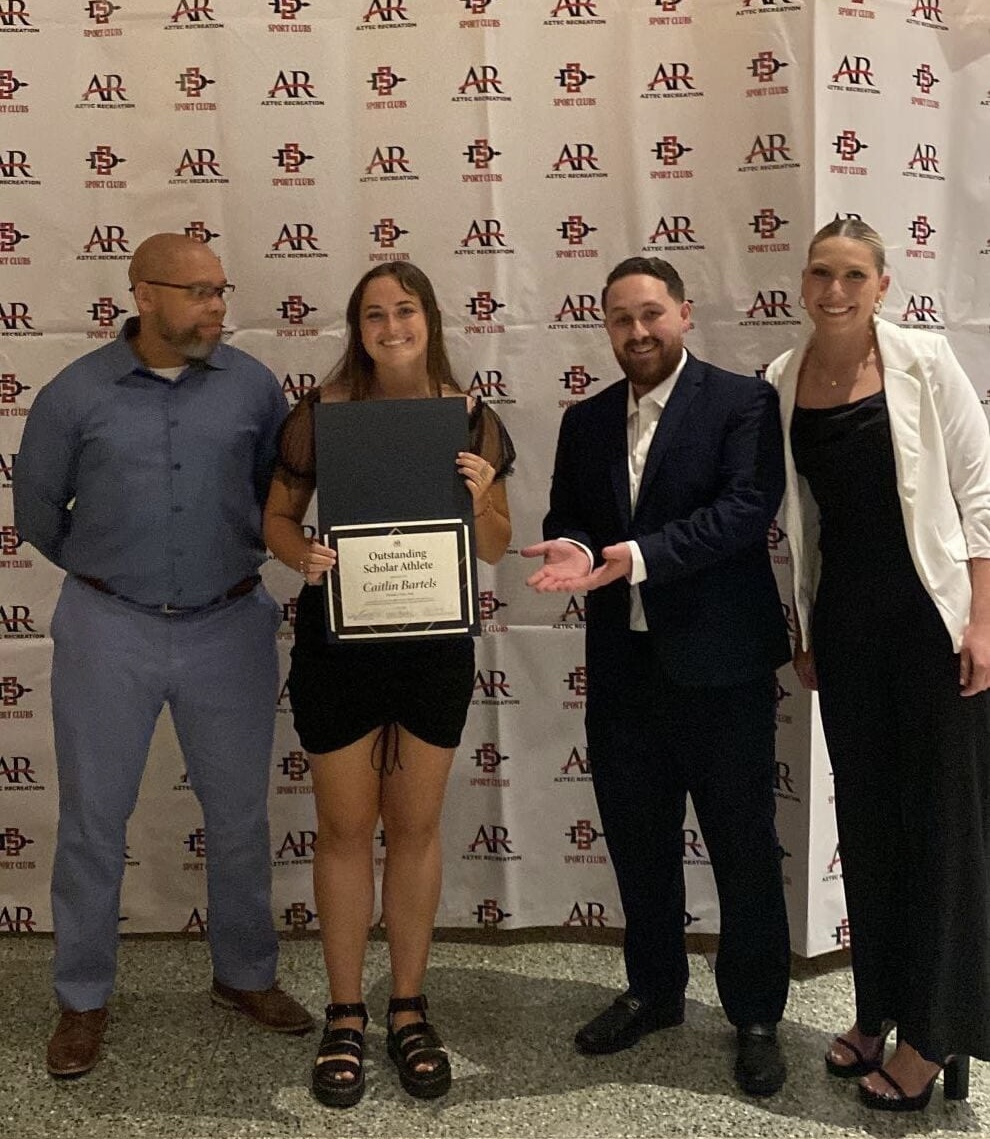
Caitlin Bartels won SDSU Sports Clubs’ Outstanding Scholar Athlete Award, recognizing excellence in sport and academics.
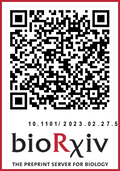
Antoni Luque contributed to a large-scale prophage analysis (bioRxiv). The work highlights opportunities and caveats in prophage discovery and interpretation.
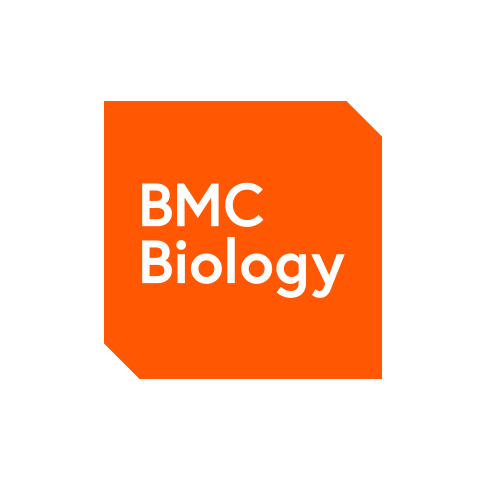
Project led by Antoni Luque published in BMC Biology quantifies viral predation pressure on coral reefs.

Masters student Colin Brown released pyCapsid on bioRxiv, identifying quasi-rigid domains and disassembly units in protein shells.
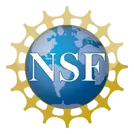
Masters student Aurora Vogel submitted an application to the NSF Graduate Research Fellowship Program (GRFP).

Antoni Luque spoke in the Fall 2022 Department of Physics seminar series at the University of Miami.
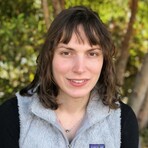
Masters student Aurora Vogel presented progress on a geometric framework for viral architectures.

Antoni Luque opened the Fall 2022 Department of Biology seminar series at the University of Miami.

Antoni Luque presented progress on predicting viral capsids from metagenomes at Flinders University (Adelaide).
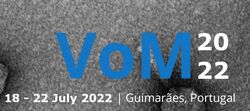
Sergio Cobo-López presented transient-dynamics work; Antoni Luque presented progress on predicting capsid architectures.
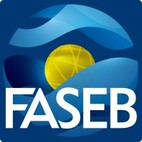
Antoni Luque presented genome-to-architecture predictions; included results from Diana Y. Lee (CSBJ).
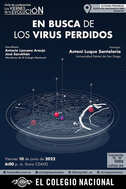
Spanish talk “En busca de los virus perdidos” by Antoni Luque; broadcast widely and followed by a press release.

We presented metagenomic capsid-architecture prediction; extended summary appears in the Viruses conference report.

Antoni Luque presented “Bridging the biophysics and evolution of viruses” at UC Merced.
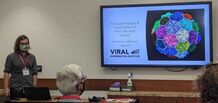
Colin Brown presented “Classifying Icosahedral Capsids via Quasi-Rigid Domain Subdivision.”
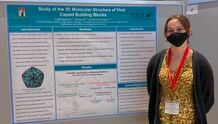
Caitlin Bartels presented “Study of the 3D Molecular Structure of Viral Capsid Building Blocks.”
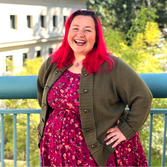
Feature on Diana Lee’s work linking genome features and capsid shapes using random forests.
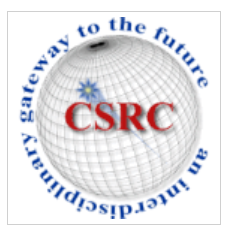
Antoni Luque presented “Bridging the Biophysics and Evolution of Viruses” at the CSRC colloquium (SDSU).
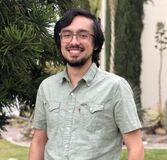
Antonio Cobarrubia’s senior thesis (with Jarod Tall & Austin Crispin-Smith) compared 100+ experiments on particle diffusion in mucus and proposed a framework for anomalous diffusion (Frontiers in Physics).

V.I.I. collaboration explores whether some viruses arise de novo with Moore Foundation support; overview article from SDSU.

Sergio Cobo López received the Margarita Salas fellowship to pursue phage–bacterial ecology and complex systems across SDSU and URV (Sees:lab).
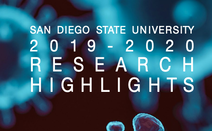
Lab work on viral capsid architecture featured in SDSU’s 2019–20 Research Highlights; includes Nat. Comm. framework and NSF Mathematical Biology award.